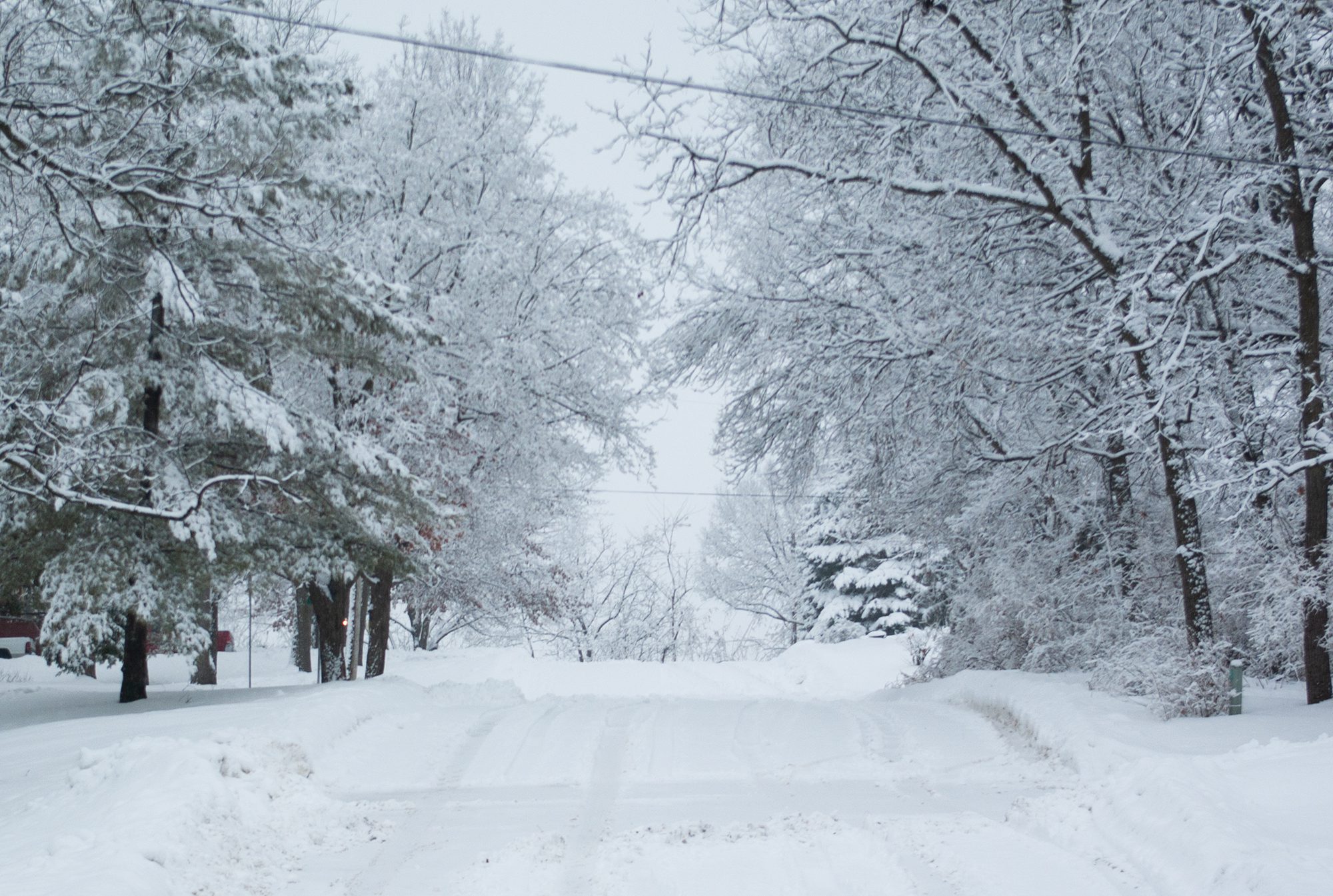From Steam to Gasoline: The Tractor!

By Benji Nichols | Image above courtesy Randy Leffingwell, LA Times
There are few inventions in history that have literally changed the landscape like the modern tractor. Steam locomotives were being primitively built as early as the late 1700s in Europe and then America, but it wasn’t until the mid 1800s that steam technology was applied to “Locomobiles” or traction engines (tractor for short!). These early replacements for draft horses were incredible inventions, but also proved to be slow, heavy, and cumbersome. This is where the story of the tractor takes an interesting turn on a little road in Northeast Iowa.
John Froelich was born November 24, 1849 in Giard, Iowa. The first of nine children born to German settlers Johannes Heinrich (Henry) Froelich and Kathryn Gutheil, his life work went far beyond the typical farm – he operated a grain elevator near Froelich, Iowa and ran a threshing operation in Langford, South Dakota. As the story goes, John Froelich was fascinated by steam-driven machinery and farm implements. And not only that: he also worked on them and understood their weaknesses. In 1890 Froelich purchased a gasoline internal combustion engine from the Van Duzen Engine Works in Cincinnati, Ohio, to run his grain elevator. While working with the engine at his elevator he began to tinker with the idea of using the gasoline engine to power a traction engine.
In 1892 Froelich mounted a single-cylinder Van Duzen engine on a Robinson chassis with a traction system of his own design and thus created the very first internal combustion-powered tractor that moved forward and backward, and could also power a threshing machine. Froelich’s sidekick and assistant, William Mann, helped him transport the machine by rail to their South Dakota operation and proceeded to use it to power their J.I. Case threshing machine through 72,000 bushels of grain in 52 days.
On the heels of this accomplishment, a group of investors backed Froelich and formed the Waterloo Gasoline Traction Engine Company in 1893. But unfortunately they only built four of Froelich’s tractors – two of which were returned by unsatisfied customers. In 1895 the company became the Waterloo Gasoline Engine Company and went to work building small stationary gas engines for such uses as pumping water and powering grain elevators. Froelich soon left the company and the Waterloo Company changed hands more than once in the early 1900s, but eventually began to produce the “Waterloo Boy” gas engine farm tractors, a design much like the one John Froelich brought to the company more than a decade before. By 1918, Waterloo Boy had produced three models of the tractor including the LA, R, and N models with over 8,000 tractors sold.
In 1918, The John Deere Company in Moline made a bid of $2.2 million dollars to acquire the Waterloo Boy Tractor Company, thus taking on the most successful modern tractor company of its time, and all of this built off of John Froelich’s original design for the gasoline internal combustion traction engine. John Froelich went on from his early tractor-building endeavor to create engines at the Novelty Iron Work in Dubuque, and then worked with his brother Gottlieb in manufacturing before moving to St. Paul. He was a life-long inventor, credited with such things as a washing machine, dish washer and dryer, a mechanical corn picker, and the first air conditioner that later became the Carrier Air Conditioning Company. In the late 1920 Froelich caught some more bad luck working in the investment world. The great crash of 1929 wiped out much of his livelihood and savings and he spent the final years of his life with his daughter, Jenetie, in St. Paul where he passed away in 1933. He was never recognized for his inventions until decades later. Froelich was inducted into the Iowa Inventors Hall of Fame in 1991. To this day, his name sits on the sidelines in the history of the common farm tractor, but it was indeed his invention and tinkering with the old Van Duzen single cylinder engine that led to one of the world’s most important agricultural implements.

Today the village of Froelich, Iowa sits perfectly captured and re-built as a still-shot from a century ago. A model of John Froelich’s tractor rests outside the refurbished general store. Once a year the village comes alive with action from all over the tri-state area for the annual “Fall-der-All.”
“Fall-der-All” is the annual celebration of the Froelich Tractor and attractions, including the Burlingame General Store Museum, Tractor Museum, one-room country school, blacksmith shop and more. It’s an opportunity for those that love vintage farm equipment to bring their collection in and show it off,” says Froelich foundation President Denny Eilers.
This year, the festival and fundraiser will take place September 26-26, with a variety of displays and activities suitable for the whole family.
The Froelich Foundation board-of-directors is an all-volunteer group that manages the museum, grounds, and historic preservation of Froelich.
“The town of Froelich is significant in agricultural history as it’s the birthplace of the modern farm tractor,” Eilers says. “The Froelich Tractor is the direct ancestor to today’s John Deere tractor division in Waterloo, Iowa, and around the world. There is a huge amount of history coming out of this small village, as historians credit the modern farm tractor as the key tool that helps American farmers create an abundant food supply for our country, plus produce enough to export to other countries. It’s a history we treasure, and the Froelich Foundation was started 21 years ago as a non-profit group of volunteers to preserve this history and pass it down to the next generation.”
You can find out more about the story of John Froelich, the village named after his family, and the annual Fall-der-All by visiting the Village of Froelich located on Highway 18 between Monona and McGregor, Iowa – open through September from 11 am to 5 pm daily except for Wednesdays, and weekends in October. More information and history at www.froelichtractor.com or by calling (563) 536-2841.
Benji Nichols has been fascinated with old tractors and single-piston-engines for as long as he can remember his Grandpa tinkering with them. He looks forward to the Froelich Fall-der-All and Hesper/Mabel Steam Engine days every fall and someday hopes to learn how to engineer steam tractors.













